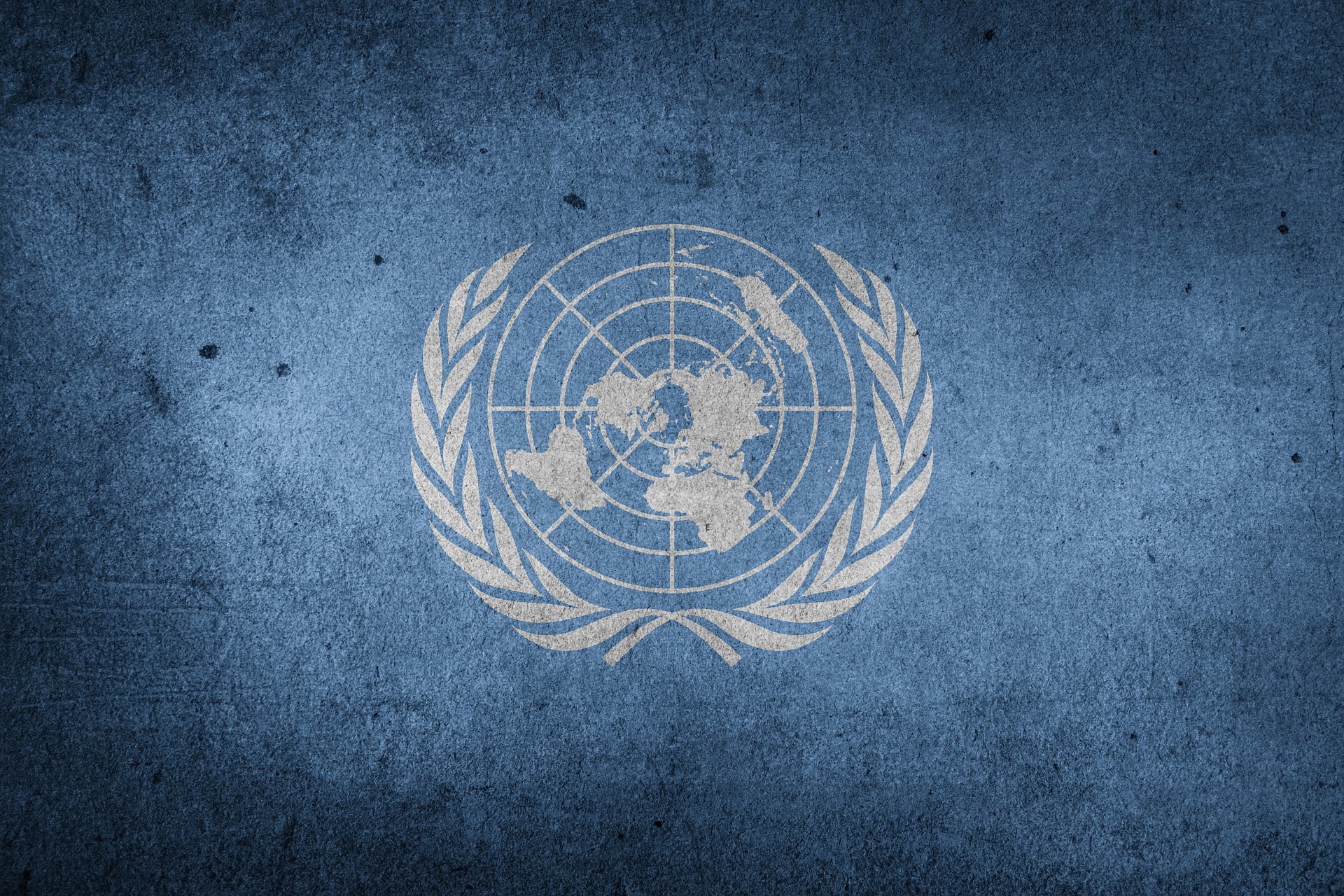Plastic waste to be regulated under Basel Convention
by Ellen Thornton at 13:52 in Content, Emerging, Environmental, Packaging
On 10th May in Geneva, at the 14th meeting of the conference of parties to the Basel Convention, Governments agreed on landmark decisions to protect people and the environment from hazardous chemicals and waste, including plastic waste. Approximately 180 governments made the decision to amend the Basel Convention to include plastic waste in a legally binding framework which will make global trade in plastic waste more transparent and better regulated.

The Basel Convention on the Control of Transboundary Movements of Hazardous Waste and their Disposal is an international environmental agreement on hazardous and other wastes, with 187 parties signed up to it, making it almost universal. The objective of the agreement is to protect human health and the environment against the adverse effects of hazardous waste and other wastes. The Convention covers a wide range of wastes defined as ‘hazardous' based on their origin and/or composition and characteristics, as well as two types of wastes defined as ‘other wastes' – household waste and incinerator ash.
There's currently an estimated 100 million tonnes of plastic in our oceans – 80 to 90% of which comes from land-based sources. Alongside the amendment, a new Partnership on Plastic Waste has been established to mobilise business, government, academic and civil society resources, interests and expertise to assist in implementing the new measures. This partnership will also work to provide practical support including tools, best practices, technical and financial assistance for the new agreement.
The US, UK and Japan are the world's top exporters of plastic waste, most of this goes to South East Asia. Since China enforced an import ban in 2018, most recycling waste ends up going to poorer countries, such as Indonesia, Malaysia and Thailand which don't have the capacity for proper treatment of the influx of imports. This in turn has had negative impacts as a results of widespread dumping and environmental damage.
If you have any questions regarding the new amendment to the Basel Convention, please contact us to speak to one of our dedicated consultants. If you're interested in reading more articles and blogs like this one, sign up to receive our free monthly digest.
 Click here to receive regular updates on blog posts, webinars, and regulatory changes directly to your inbox
Click here to receive regular updates on blog posts, webinars, and regulatory changes directly to your inbox

